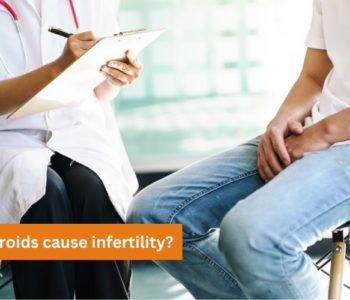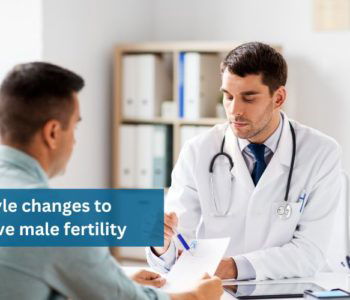Can egg quality be improved with supplements?
 IVF
IVF
Can egg quality be improved with supplements?
While artificial reproductive techniques (ART) open up new vistas of possibilities for parents not able to conceive through natural means, both the quality and quantity of female egg quality must be good for such methods to yield positive results.
Even though age remains the one of the biggest factors determining both the quality and quantity of female eggs, experts are unanimous in their opinion that changes in diet and lifestyle can have a significant impact on egg quality, which is crucial for conception through methods such as in-vitro fertilization (IVF). However, the easiest strategy to improve egg quality is to go for supplements that support egg quality. In combination with traditional methods of fertility treatment, such supplements go a long way in improving egg quantity and quality and overall fertility, latest research shows.
Supplements recommended for egg quality improvement
Vitamin C supplement: Research shows that Vitamin C is one of many antioxidants that can protect against damage caused by harmful molecules called free radicals, as well as toxic chemicals and pollutants. Famous for its immune boosting benefits, Vitamin C can also help regulate menstrual cycle and ovulation.
Vitamin E supplement: These antioxidant supplements enhance immune function and are known to improve endometrial response in women with unexplained infertility.
Melatonin supplement: With its antioxidant properties, Melatonin supplements can help prevent free radicals and reactive oxygen species from causing oxidative stress and cellular damage.
Omega-3 fatty acids supplement: A 2019 study showed that women taking omega-3 supplement were almost two times more likely to get pregnant on their own versus the women who didn’t take the supplement.
Magnesium supplement: In several studies, women with infertility have been found to have low levels of magnesium in their blood. Studies have also proven infertile women who were supplemented with magnesium and selenium became pregnant within 8 months.
Iron supplement: Researchers found that women who took iron supplements had a significantly lower risk of ovulatory infertility than those who didn’t supplement. Iron deficiency at the start of pregnancy can put women at risk of anemia during and afterward the pregnancy.
Selenium: Selenium increases antioxidant effects in the body.
CoQ10: Our cells use CoQ10 for growth and maintenance. Coenzyme Q10 acts as an antioxidant, protecting cells and improving metabolism.
DHEA supplements: It can increase the levels of testosterone and estrogen production, subsequently improving egg quality.
For how long should supplements be taken to improve egg quality?
Considering supplements in conjunction with a healthy diet can make a huge difference in egg quality and overall fertility, doctors prescribe using these at least 3-6 months before trying to conceive naturally or with IVF.









